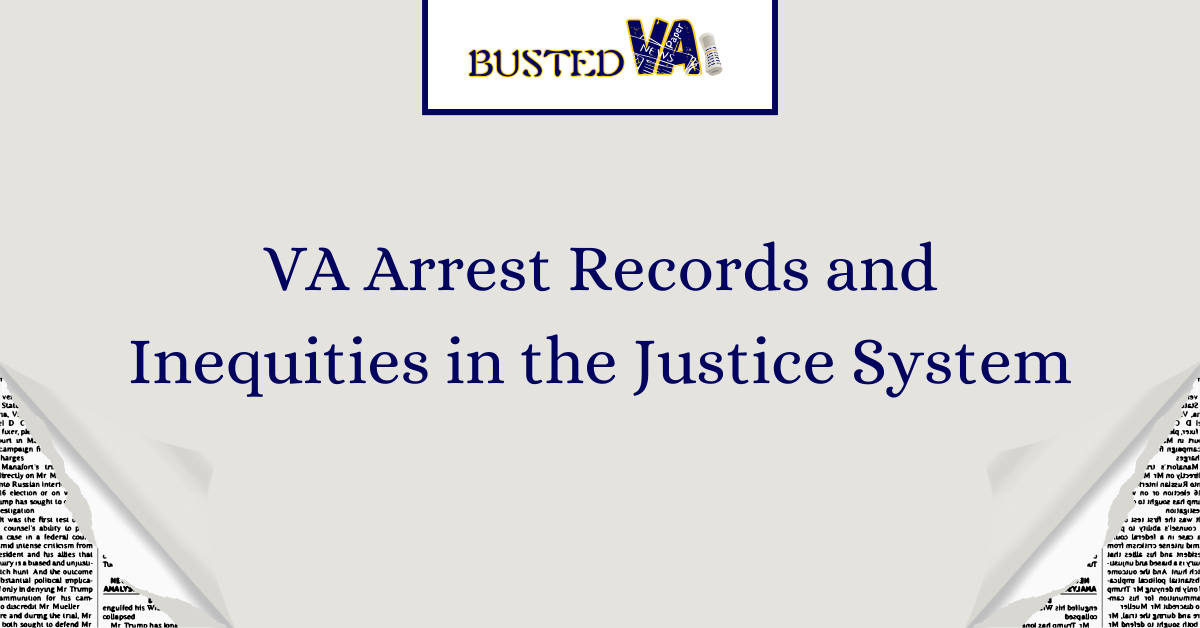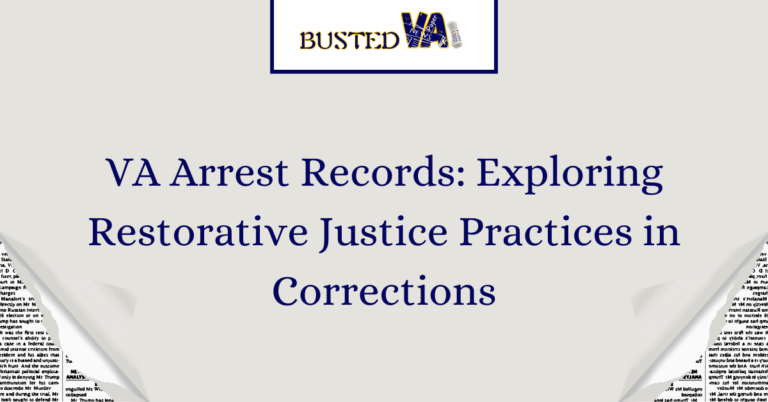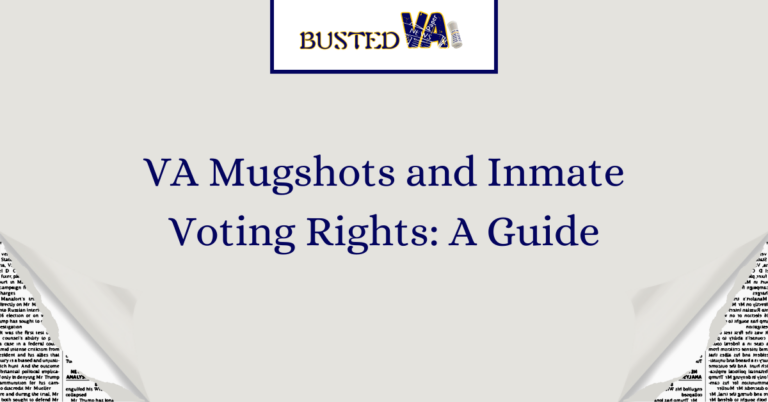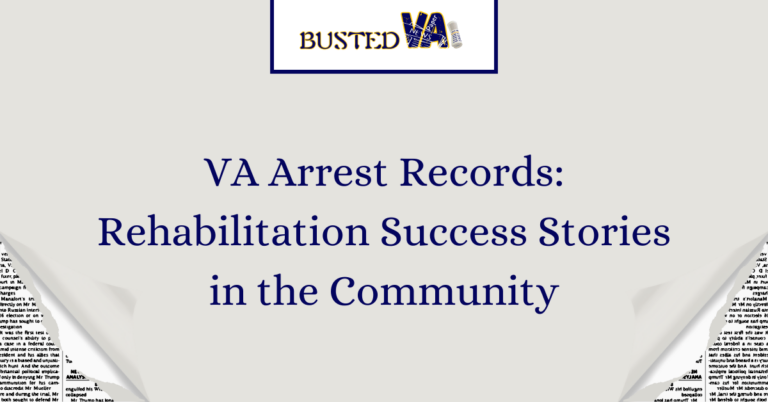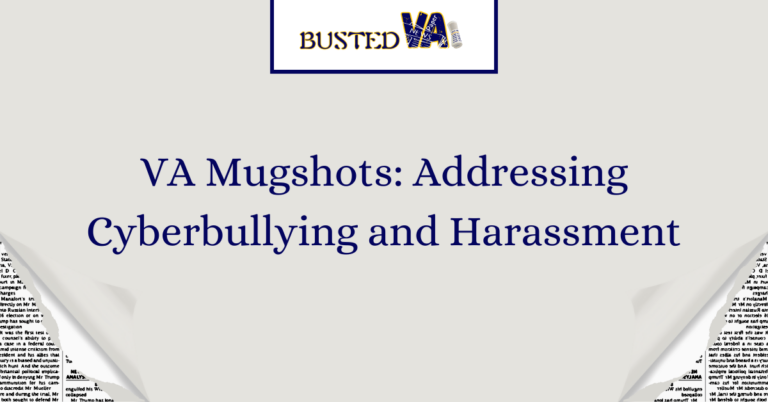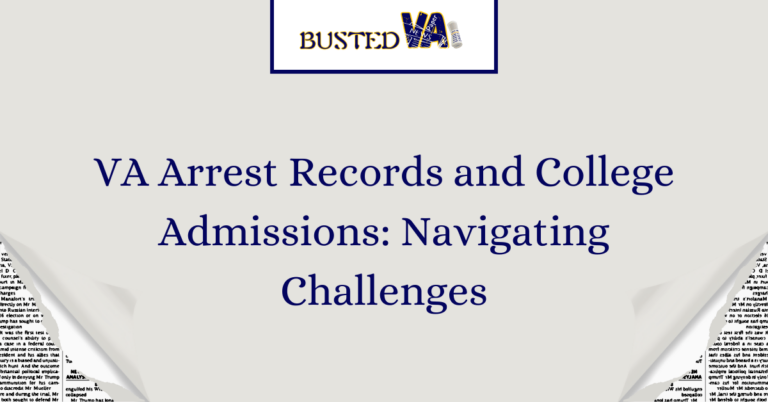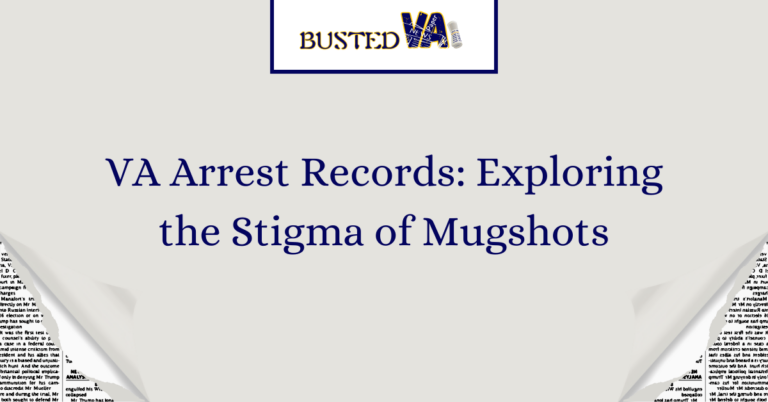VA Arrest Records and Inequities in the Justice System
Are you interested in learning more about the crucial issue of VA arrest records and the inequities that exist within our justice system? This informative article will provide you with a comprehensive overview of the topic, shedding light on the disparities that many individuals face.
Throughout this article, we will delve into the reasons behind these inequities, exploring the impact they have on marginalized communities. By examining the data and statistics surrounding VA arrest records, we aim to raise awareness and foster a deeper understanding of this pressing issue.
Understanding the Scope of the Issue
As we delve deeper into the issue of VA arrest records and the inequities within our justice system, it is important to understand the scope of the problem. Marginalized communities, such as people of color and low-income individuals, are disproportionately affected by these inequities.
Statistics show that African Americans are more likely to be arrested and convicted compared to their white counterparts, even for similar offenses. This disparity has significant consequences, not only for the individuals involved but also for their families and communities.
Root Causes of Inequities
Examining the reasons behind these inequities reveals a complex web of factors. One contributing factor is racial profiling, where individuals are targeted by law enforcement based on their race or ethnicity. This practice perpetuates stereotypes and biases, leading to unfair treatment and arrests.
Another underlying issue is the lack of access to quality legal representation. Many individuals from marginalized communities cannot afford experienced lawyers, leading to inadequate defense and higher conviction rates. This further exacerbates the disparities within the justice system.
The Impact on Marginalized Communities
The impact of these inequities goes beyond individual arrests. It affects the overall well-being of marginalized communities, creating a cycle of disadvantage. Individuals who are unjustly arrested face difficulties in finding employment, housing, and accessing social services.
Moreover, the trauma and stigma associated with arrests can have long-lasting effects on individuals and their families. It perpetuates a sense of distrust in the justice system, further widening the divide between communities and law enforcement.
Calls for Reform and Change
Recognizing the urgent need for reform, advocates and organizations have been calling for change within the justice system. Efforts are being made to address racial biases in policing, promote community-oriented policing, and provide better resources for legal representation.
Additionally, there is a growing movement towards alternatives to incarceration, such as restorative justice programs, that focus on repairing harm and addressing the root causes of crime rather than punitive measures.
Raising Awareness and Taking Action
By shedding light on the disparities within VA arrest records, we aim to raise awareness and foster a deeper understanding of this pressing issue. It is essential for individuals from all walks of life to come together and demand change.
Education and advocacy are powerful tools in bringing about meaningful reform. By staying informed, engaging in conversations, and supporting organizations working towards justice system reform, we can make a difference and create a more equitable society.
FAQs
What are arrest disparities?
Arrest disparities refer to the unequal or disproportionate rates at which different demographic groups are subjected to arrests by law enforcement. These disparities can manifest along lines of race, ethnicity, socioeconomic status, gender, and other demographic factors. When certain groups experience higher arrest rates compared to their counterparts, it raises concerns about potential biases, systemic issues, or inequities within the criminal justice system.
Why are arrest disparities a concern?
Arrest disparities are a significant concern due to their potential to perpetuate systemic inequality and injustice. When certain groups are disproportionately targeted for arrests, it can indicate bias in law enforcement practices, contributing to a lack of trust in the criminal justice system. This issue is closely linked to broader societal challenges, including racial and social inequality. Arrest disparities can lead to negative consequences for affected communities, such as increased rates of incarceration, loss of economic opportunities, and long-term social and psychological impacts.
How does VA analyze arrest data?
While I do not have specific information on titleVA’s methods for analyzing arrest data, it can be assumed that the platform, if engaged in such analysis, would utilize available arrest data to identify patterns, trends, and disparities. Analyzing arrest data may involve examining the demographics of individuals involved in the criminal justice system, identifying any disproportionate rates among different groups, and assessing the potential impact on communities.
What is VA doing to raise awareness about arrest disparities?
VA may raise awareness about arrest disparities through its platform by featuring stories, data, and content that shed light on the experiences of individuals affected by arrest disparities. This can include narratives that highlight systemic issues, advocate for justice reform, and challenge societal perceptions. Utilizing the power of storytelling and information dissemination, titleVA could contribute to public awareness and discussions surrounding arrest disparities and their implications.
How does VA support communities affected by arrest disparities?
TitleVA might support communities affected by arrest disparities by providing a platform for individuals to share their experiences, fostering dialogue around the root causes of disparities, and advocating for positive change. This support may extend to collaborating with organizations working on justice reform, promoting community engagement, and encouraging initiatives aimed at addressing systemic issues contributing to arrest disparities. By amplifying voices and stories, titleVA could contribute to a broader understanding of the challenges faced by affected communities and advocate for equitable and just solutions.

